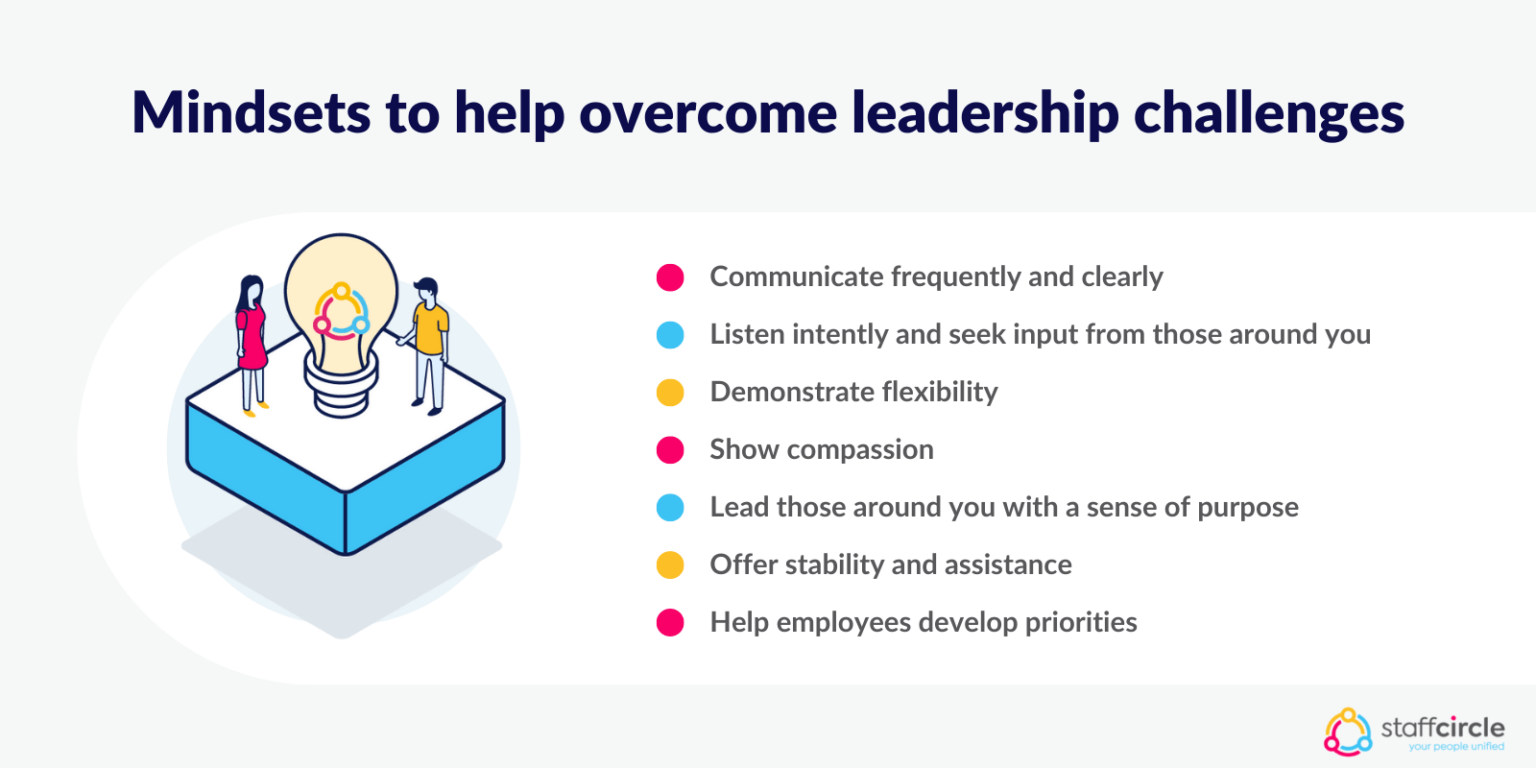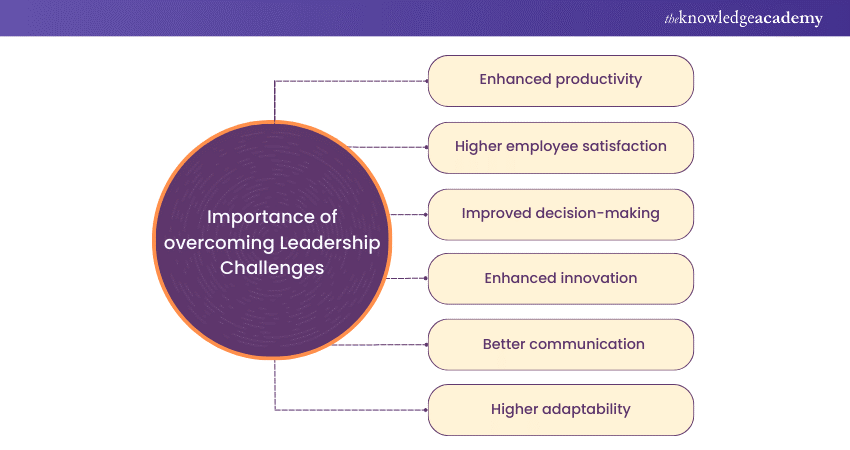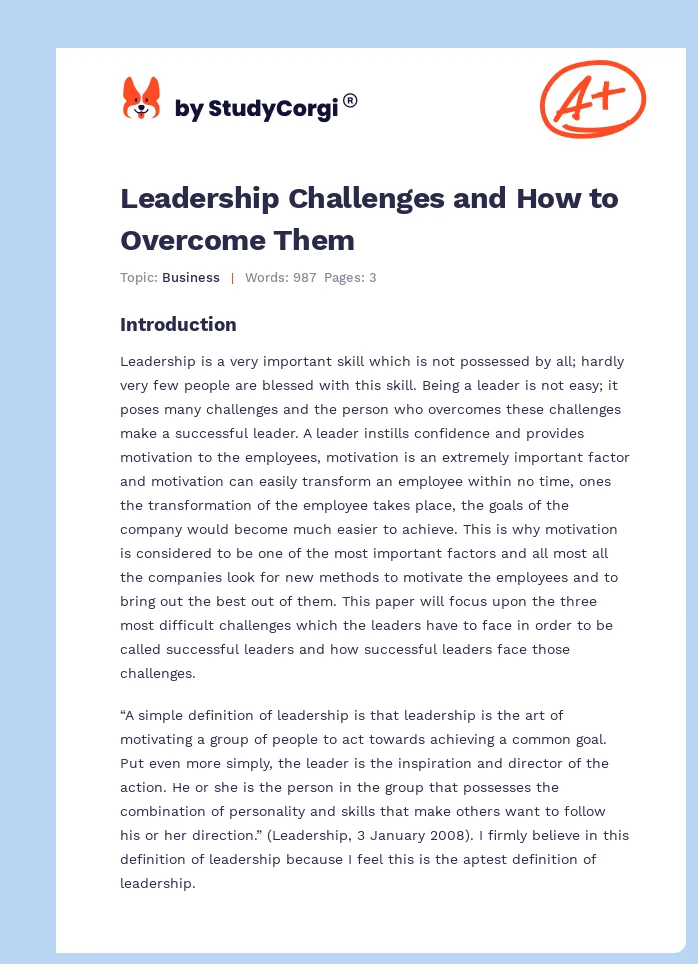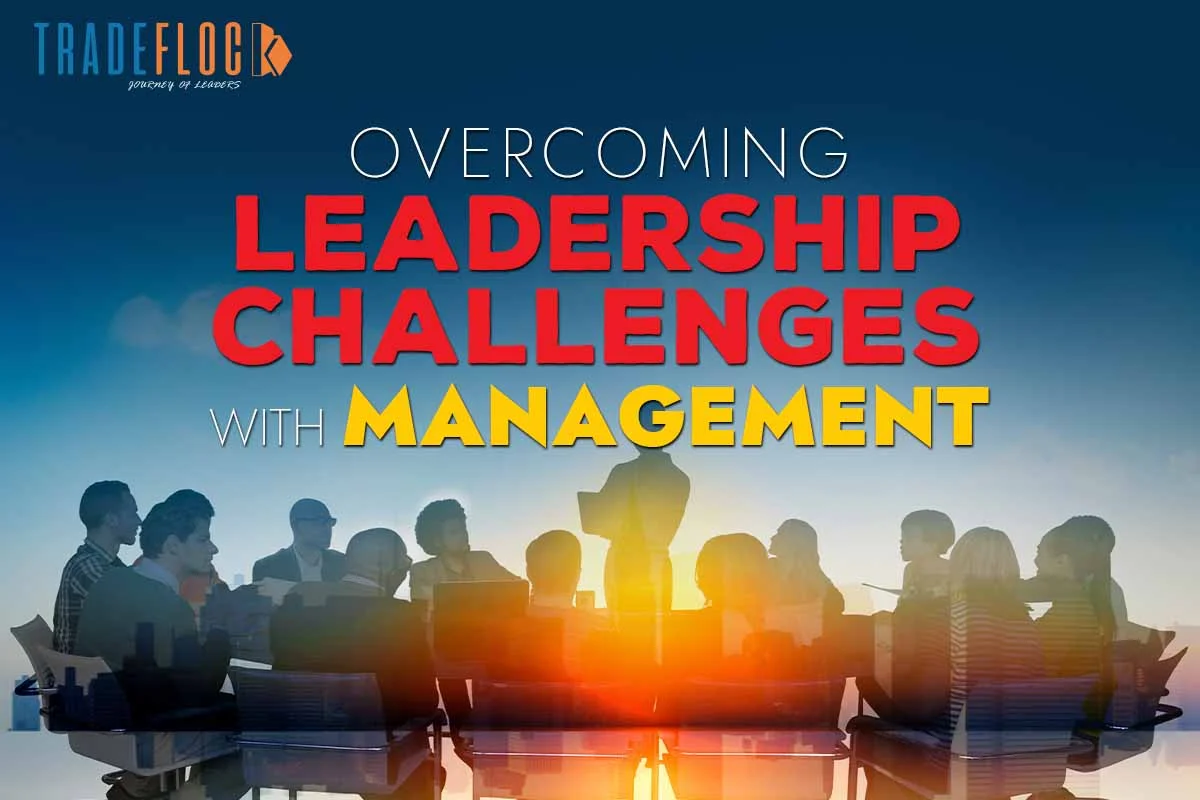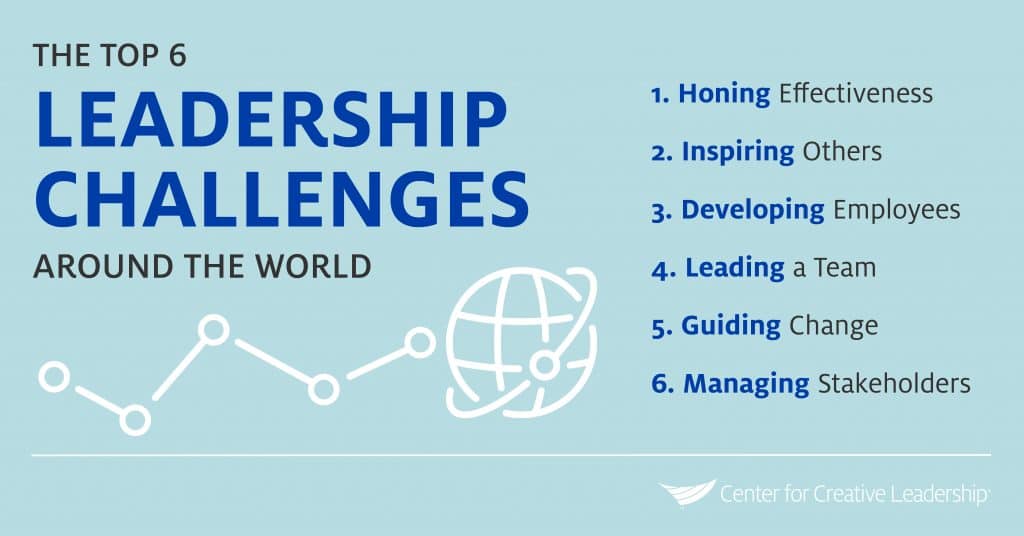Leadership Challenges And How To Overcome Them

Imagine standing at the helm of a ship in a storm. The waves are crashing, the wind is howling, and the crew looks to you for guidance. This, in many ways, mirrors the experience of leadership today, a challenging but ultimately rewarding journey.
Navigating the complexities of the modern workplace requires a nuanced understanding of leadership challenges and proactive strategies to overcome them. From fostering effective communication to building trust and driving innovation, leaders face a multitude of hurdles. Understanding and addressing these challenges is crucial for organizational success and individual growth.
The Evolving Landscape of Leadership
The traditional command-and-control model is fading, replaced by a more collaborative and empathetic approach. Today's leaders must be adaptable, agile, and capable of inspiring diverse teams.
According to a recent study by Deloitte, organizations with inclusive leadership are six times more likely to be innovative and agile. This highlights the importance of embracing diversity and creating a culture of belonging.
Common Leadership Challenges
Several key challenges consistently emerge as roadblocks for leaders across various industries.
Communication breakdowns are a frequent issue. Misunderstandings, lack of transparency, and ineffective feedback loops can lead to conflict and decreased productivity. It is essential to have clear and consistent communication channels within teams.
Building and maintaining trust is another critical challenge. Without trust, employees are less likely to take risks, share ideas, or fully commit to their work. Transparency and authenticity are key ingredients for building trust.
Driving innovation in a rapidly changing world also requires a different approach. Leaders must foster a culture of experimentation, where failure is seen as a learning opportunity. As Peter Drucker famously stated, "Culture eats strategy for breakfast."
Strategies for Overcoming Challenges
Fortunately, there are proven strategies that leaders can employ to navigate these challenges effectively.
Embrace Active Listening: Truly hearing and understanding your team's perspectives is crucial. Asking open-ended questions and providing thoughtful responses fosters a sense of value and belonging.
"The most important thing in communication is hearing what isn't said," - Peter Drucker
Promote Transparency: Openly sharing information, even when it's difficult, builds trust and fosters a sense of shared purpose. This includes sharing organizational goals, challenges, and successes with the team.
Develop Emotional Intelligence: Understanding and managing your own emotions, as well as recognizing and responding to the emotions of others, is essential for effective leadership. This includes empathy, self-awareness, and social skills.
Empower Your Team: Delegating responsibility and giving team members autonomy fosters ownership and increases engagement. Empowerment is a powerful motivator and helps develop future leaders.
Foster a Growth Mindset: Encourage a culture of continuous learning and improvement. Providing opportunities for professional development and celebrating successes promotes a growth mindset.
Lead by Example: Leaders must embody the values and behaviors they expect from their team. Authenticity and integrity are paramount in building credibility and inspiring others.
The Path to Effective Leadership
Overcoming leadership challenges is not a destination, but a continuous journey of learning and growth. By embracing these strategies, leaders can create thriving workplaces where individuals feel valued, empowered, and inspired to reach their full potential.
The true measure of a leader lies not in the absence of challenges, but in their ability to navigate them with grace, resilience, and a genuine commitment to their team. Leadership is a privilege and responsibility, and it requires constant effort and self-reflection.



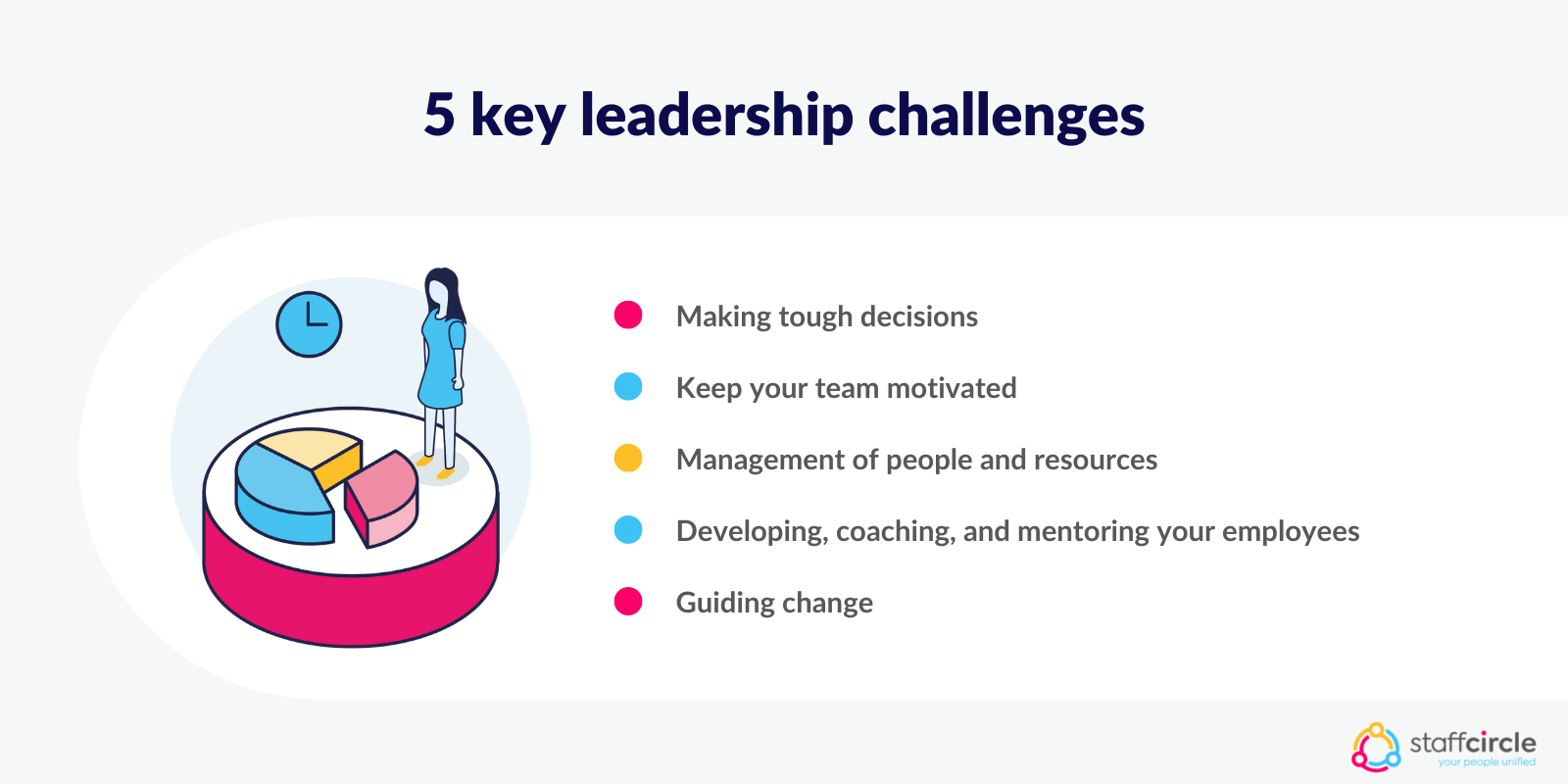



 (33).png)
